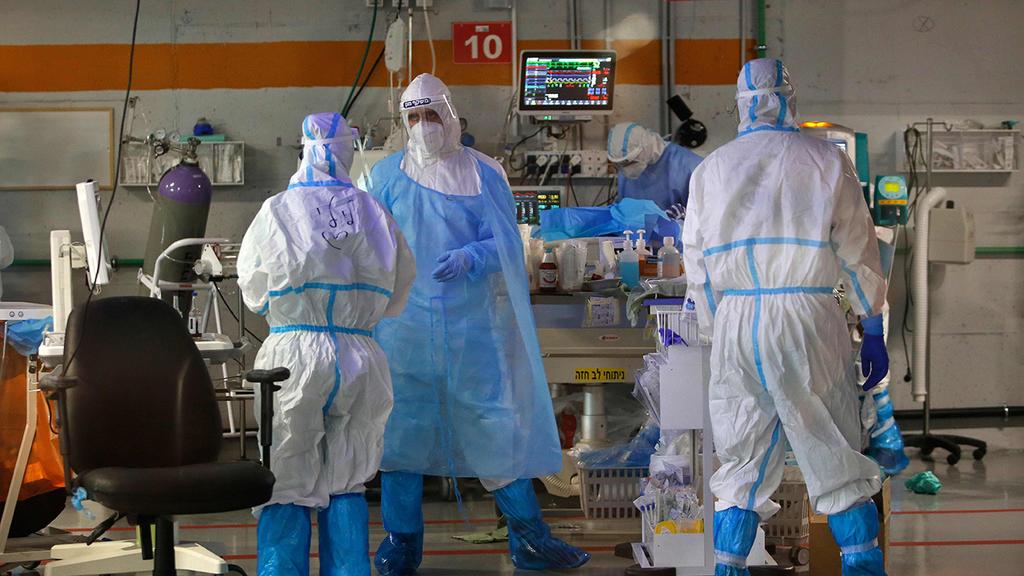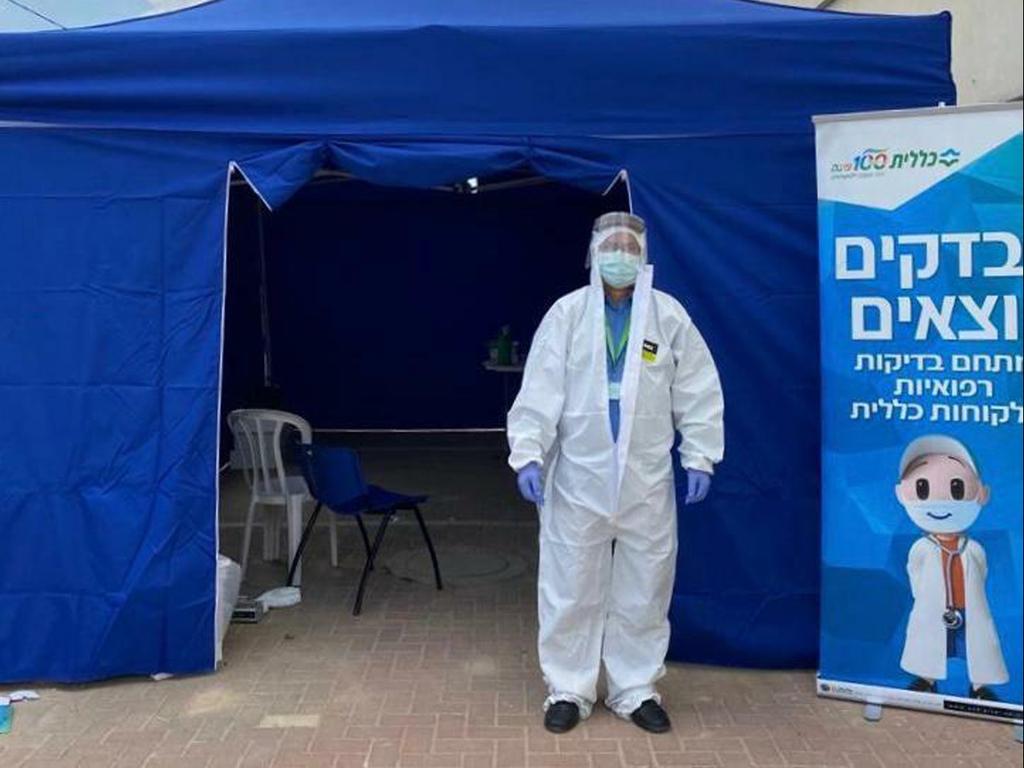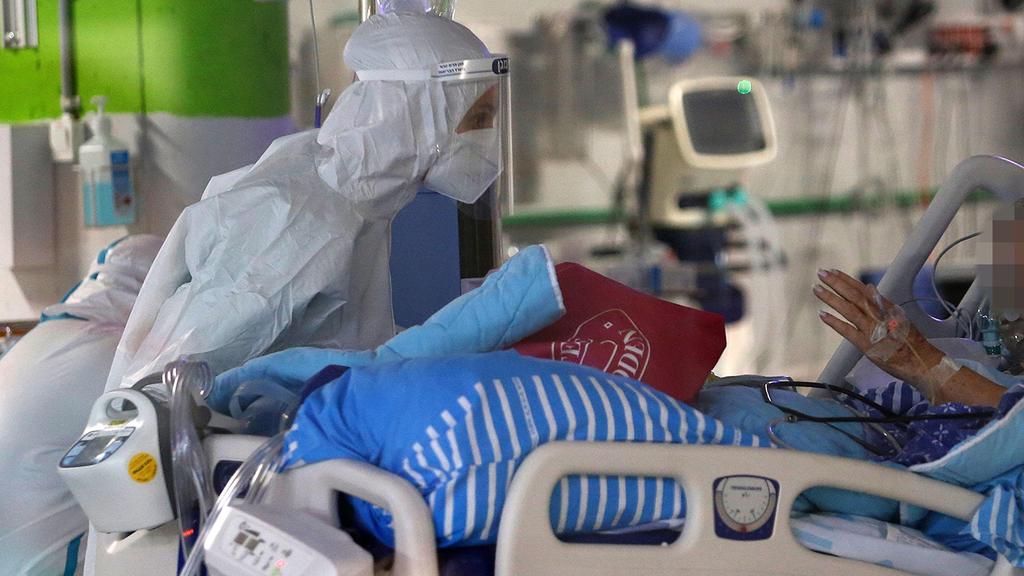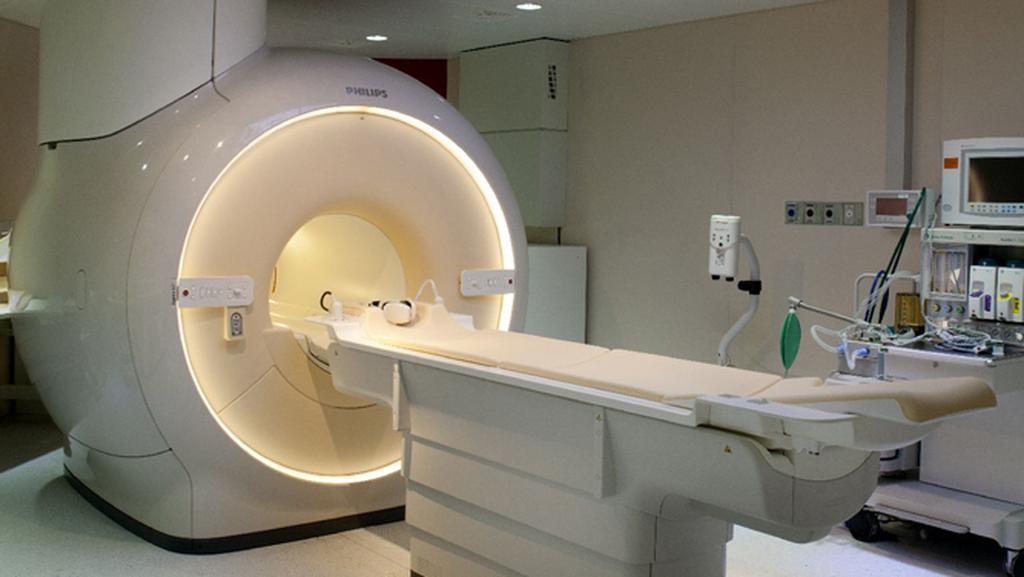Getting your Trinity Audio player ready...
Israeli health officials on Tuesday ordered hospitals to reduce activity in some outpatient clinics and surgical departments in order to redirect all staff and resources into fighting coronavirus.
The Health Ministry told the heads of Israeli hospitals they must cut 30% to 50% of their non-COVID-19 care in outpatient clinics and "bridge the gap" in treatments by offering medical advice online.
The move would most likely result in many outpatient services, such as surgeries and tests, be delayed once again, having been postponed during the nationwide lockdown.
According to the ministry, hospitals will be allowed to prioritize the manner in which the care will be reduced and have full control of the process.
In addition, because of the increasing number of medical teams required to quarantine, having been in contact with confirmed coronavirus carriers, hospitals will be given the opportunity to source personnel from within the military to fill positions in different wards.
The country's Health Maintenance Organizations were also instructed to dial down non-COVID-19 activity. "In order to minimize the risk of contagion, any in-person treatment must be reduced by 30% to 60%," the ministry said. "Long-distance care could be used to answer medical needs."
HMOs were also told to separate high-risk populations from the general public at the clinics, by assigning different hours to different age groups or by receiving at-risk patients at separate locations.
Both hospitals and HMOs were told to allow no more than one family member or accompanying caregiver to enter their facilities with patients.
Hospital administrators were reportedly outraged by the new instructions because of the substantial financial loss they expect will follow.
The director general of the Hadassah Medical Center in Jerusalem, Prof. Zeev Rotstein, said the new directives were disastrous for patients suffering from anything other than COVID-19.
He said the patients had not received treatment during the early months of the pandemic and that cancer, heart disease, and other illnesses are time-sensitive, with treatments not recommended to be postponed.
Rotstein said hospitals have taken steps to provide care to all patients. "We must remember that hospitals must also generate income and cannot exist long-term without it," he said.
"We will also require additional staff, which we do not have now, and this whole idea is wrong."
There are currently 358 coronavirus patients being treated in hospitals, 85 of them are in serious condition, with 35 in need of ventilator support, according to the Health Ministry report on Tuesday morning.





